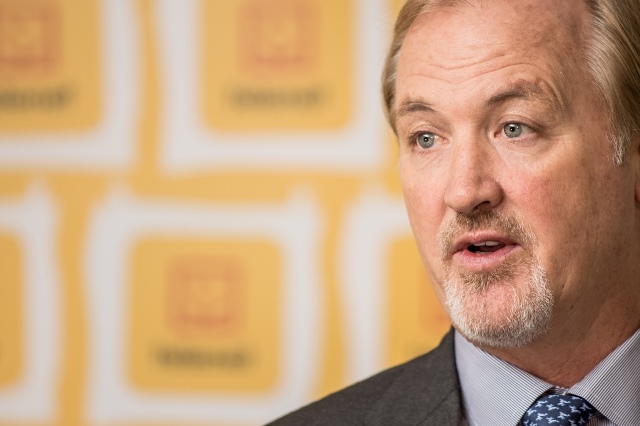Telenet has revealed that its capital expenditure touched €172.7 million in the first quarter of 2020.
 Telenet’s capital expenditures represented 26 percent of revenue and reflected the De Vijver Media acquisition impact, inventory building to safeguard supply chain processes during the COVID-19 pandemic and higher spending on IT upgrade program, driving digital capabilities.
Telenet’s capital expenditures represented 26 percent of revenue and reflected the De Vijver Media acquisition impact, inventory building to safeguard supply chain processes during the COVID-19 pandemic and higher spending on IT upgrade program, driving digital capabilities.
Telenet said it aims to spend 21 percent of revenue towards capital expenditures in 2020. 5G is a not strong focus area for Telenet.
Telenet CEO John Porter said fixed road map looks like 2.5 gig by 2025 and 10 gig by 2030. Telenet has fiber-rich HFC network and is running anywhere from 350 to 500 homes per node.
Telenet went from 100 to 200 megabits per second, basically network to one gig for €30 or €40 per home pass. The roadmap to 10-gig looks like €50 million or €60 million a year investment, John Porter said.
John Porter said any telco can borrow spectrum from their 4G spectrum range and light up 5G network. Telenet and Proximus received provisional license to run 5G network in Belgium.
“You’re going to get is another 20 or 30 megabits per second download speed from 5G. But you need a 5G device that costs €1200 for getting 20 percent incremental speed as compared with 4G download speed,” says John Porter. Telenet’s average download speed in 4G is about 80 megabits per second already.
5G has received negative public response and there are issues associated with it. “5G is not in a great place right now. I would not be blowing my 5G trumpet. Our intention is to test some aspects of 5G with spectrum relating to latency and industrialization on specific applications,” John Porter said.
Telenet reported 4 percent growth in revenue to €653 million, reflecting contribution from De Vijver Media, which was acquired in June 2019. Telenet reported net profit of €153.2 million in Q1 2020 and adjusted EBITDA of €345.6 million (+8 percent).
Proximus
Proximus invested EUR 232 million in the first three months of 2020 as compared with EUR 219 million.
Proximus has continued its Fiber for Belgium project, deploying its network in 13 cities and municipalities. Proximus passed 307,000 homes and businesses with Fiber.
Proximus has slowed down field operations, putting on hold fiber construction activities since mid-March due to COVID-19-related measures.





